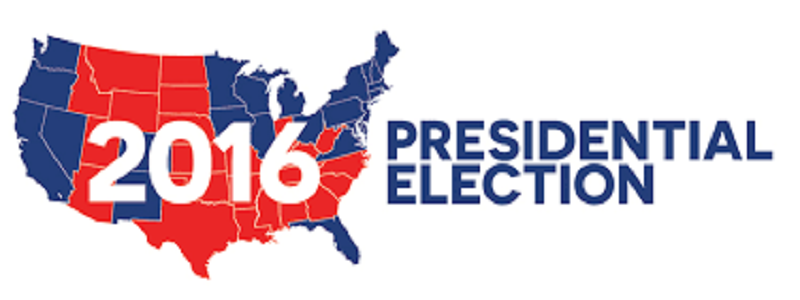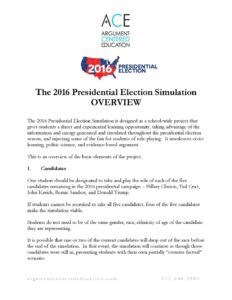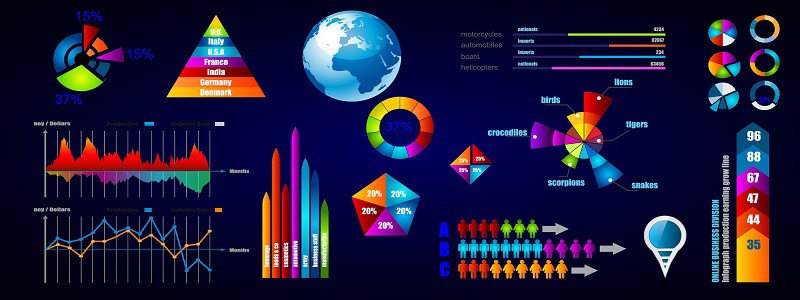Simulating the 2016 Presidential Election
This argument-based project, the 2016 Presidential Election Simulation, is being offered to ACE partner high schools for implementation in May and June. It is designed as a school-wide project that gives students a direct and experiential learning opportunity, taking advantage of the information and energy generated and circulated throughout the presidential election season, and injecting some of the fun for students of role-playing. It interleaves civics learning, politic science, and evidence-based argument.
What follows is an overview of the basic elements of the project.
Joining the Conversation: Making a Space for Choices and Voices
By Patti Minegishi Delacruz
Those who have taught each grade level of high school will argue for a favorite – and perhaps least favorite – age group to teach. Five years ago, I would have claimed that sophomores are the most challenging group; this age group is arguably at one of the most difficult developmental junctures of their lives. However, this also makes them the most fearless and formative creators of arguments.
Over the years, I have observed how our “Joining the Conversation” unit is the most empowering unit of study for my sophomores in intermediate English, a course that serves a wide and unique range of skill-levels and social identities. This unit focuses on engaging students in argumentative thinking through accessing burgeoning opinions on timely issues, listening carefully to real voices speak on real problems, and developing own argumentative voices through verbal discussions and written products for an audience.
Document-Based Argumentation and International Response to Genocide
Document-based questions (DBQs) have become an increasingly popular way to teach history and social science in American middle and high schools. The activity starts with a debatable issue, then students are given a set of short excerpts from primary documents related to the issue. Students use the thinking tools of historians as they build arguments to support a position on the issue. Sounds — and is — pretty argument-based.
Argument-Centered Education’s variation on document-based questions — which we call document-based argumentation (DBA) — brings to the fore the argument construction process (making it explicit that that’s what historians, and therefore history students, are doing in academic situations like these), brings argumentation into a consistent system for teaching argument, and (crucially) introducing a component that requires refutation (the locus of critical thinking in argument) and debatificaction.
The Federalist v. Antifederalist Debates: Hamilton and Jefferson’s Arguments Forge American Political History
This argument-based project on the Federalist v. Antifederalist debates was developed for one of Argument-Centered Education’s partner high schools this semester, and the early signs are its resonating with both teachers and students alike.
Overview
The debates that took place in the colonial America, shortly the formation of our nation, between Thomas Jefferson and Alexander Hamilton had a profound effect on our political history. The first Secretary of State in American history (Jefferson) and the first Secretary of the Treasury (Hamilton) had disagreements about the size and role of the new national government of the United States, and those disagreements generated factions which would evolve into the first political parties in America.
The opposing political rhetoric and argumentation fomented by their two factions – Hamilton’s Federalists and Jefferson’s Anti-Federalists – had its origin in the deliberations and disputes of the constitutional convention of 1787. Both men vied for influence within the first president George Washington’s administration (1789 – 1797), and both men’s factions conducted public projects of persuasion, writing in newspapers, broadsheets, and pamphlets, the political media of the late 18th century.
Analytic Comparisons Activity: Student Refutation Writing Samples
Overview
Students need to see models of argumentative writing to learn how to improve their own work. Those models should include some peer-student work that is proficient, but also some work that is deficient, so that students can see how certain criteria of effective argumentative writing are met and exceeded, and so that they can analyze the specific ways that argumentative writing can come up short.
Analytic Comparisons is an argumentative writing activity that enables students to think through both more effective and less effective examples of peer-student argumentative writing, helping them to self-reflect and incorporate this learning from close review of others’ work into the betterment of their own writing work.







